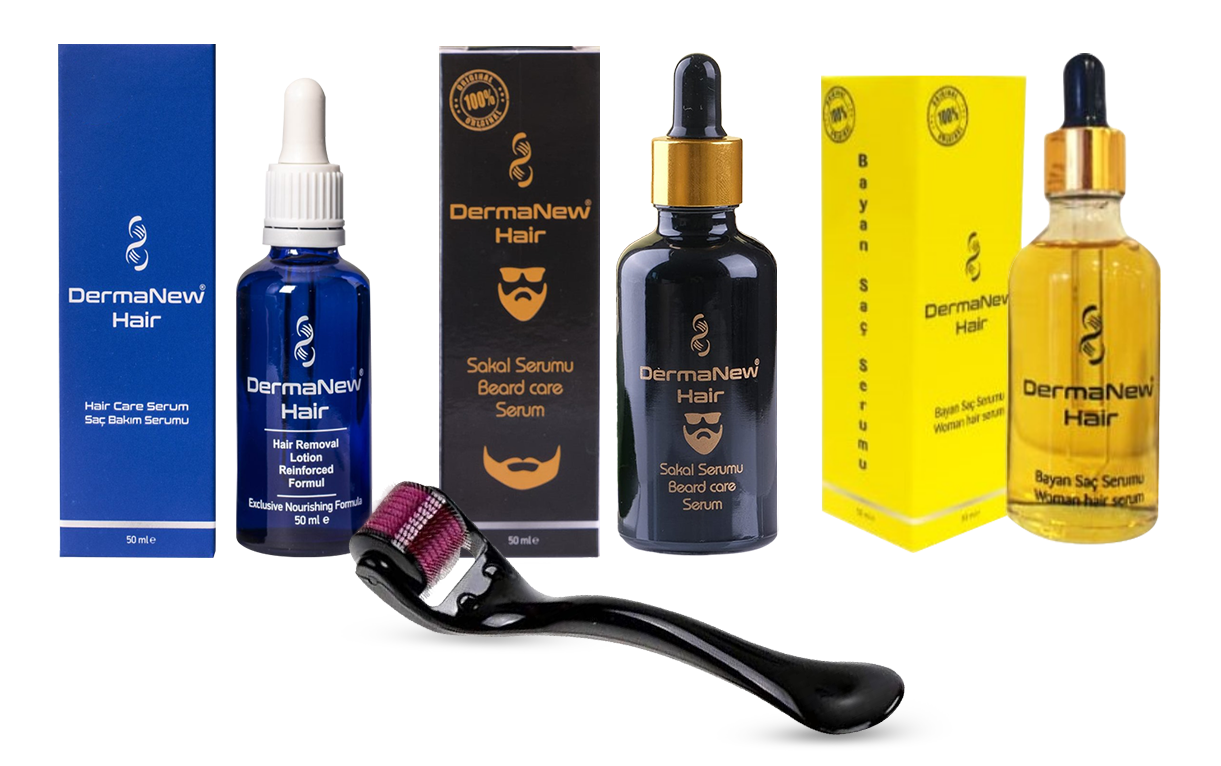Successful dry January? Ten ways your body will have changed after 30 days of not drinking
Beginning your sobriety path is a life-changing choice that initiates a better, more complete life. Whether you are on day one Alcohol Use Disorder of sobriety, having your first week of sobriety, or reaching the significant milestone of being six weeks sober, recovery’s early periods are the key to long-term success. In this in-depth guide, we’ll discuss what to anticipate in ”early sobriety”, the obstacles you’ll encounter, and how sobriety coaching can guide you through each stage. When someone develops an alcohol use disorder, their brain undergoes significant changes.
Abstinence vs. Moderate Drinking:

Abstinence from alcohol has been proven to be the most effective way to maintain sobriety, especially for recovering alcoholics. Seeking professional help from experts at institutions like Lantana can empower individuals to live a happy and sober life, increasing their chances for long-term recovery by offering valuable education and guidance. In such cases, seeking professional help from a substance use and successful drinking after sobriety mental health treatment center could be beneficial.
What happens after 1 year of no alcohol?
- However, the primary difference is the ability to control alcohol consumption.
- Developing new, healthier coping mechanisms during the first three months of sobriety is essential, especially if you have a history of drug abuse along with alcohol addiction.
- However, moderation requires strict adherence to predetermined limits on alcohol consumption and ongoing monitoring of drinking behaviors.
Physical risks include withdrawal symptoms, potential for overdose, and the exacerbation of health issues like liver damage, heart problems, and neurological impairments. Peer encouragement, family support, and the desire to conform to social expectations are just a few of the motivating factors that can help individuals quit drinking after 20 years. By embracing these challenges and cultivating an enthusiasm for life, you can develop the resilience and determination needed to https://sriammangears.com/alcoholism-at-work-signs-causes-effects-treatment/ succeed in your sobriety journey.
- Meanwhile, I met a girl from back home with whom I began a relationship during the summer between my freshman and sophomore years.
- If you’ve experienced an extended relapse, you’ll likely benefit frommedical detox, where any withdrawal symptoms are managed under medical supervision.
- Numerous free resources are available in many areas to assist individuals in their journey to overcome alcoholism.
- Renew Health clients often find digital recovery groups a lifeline—especially in rural areas or during times of high stress.
- Additionally, getting drunk just once during sobriety will cause the addict to relapse back into the cycle of addiction, which is difficult to get out of.
Can I Start Drinking Again After Rehab?

Embracing challenges and cultivating an enthusiasm for life can provide the motivation and engagement needed to stay on the sobriety journey, ultimately leading to a more fulfilling life. Joining support groups, such as Alcoholics Anonymous, can be incredibly beneficial during your journey to quit drinking after 20 years. Support groups provide a safe and supportive environment for individuals in recovery to share their experiences and learn from one another. Additionally, they can offer a sense of community and connection with others who are in similar situations. The benefits of quitting alcohol extended to my physical appearance as well, which can be attributed to the reduction in alcohol consumption. I noticed an improvement in my skin tone, reduced puffiness, and a healthier complexion.

